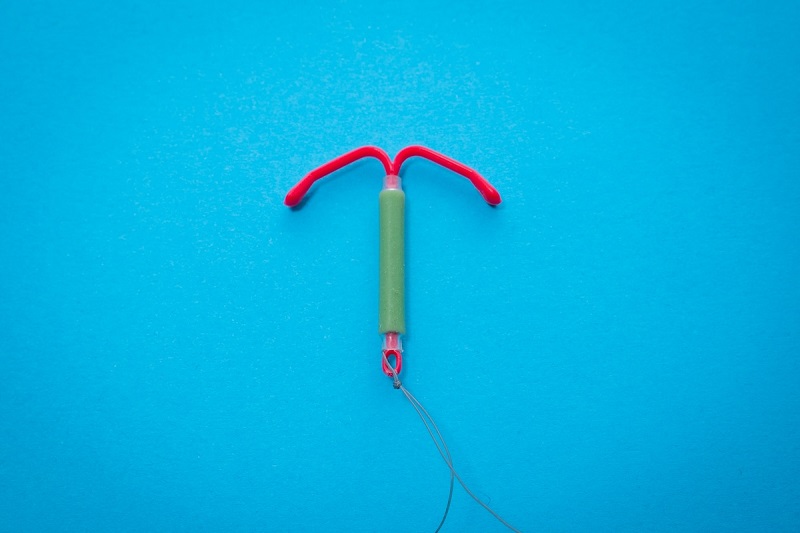I have been on the Mirena IUD for over 15 years (and it has been fantastic). I am 46 years old and not sure how I can tell if I am perimenopausal, as I have not had a period during this time. What other symptoms/tests are used to determine whether someone is perimenopausal? Furthermore, I have been on this IUD for five years and am not sure when I need to get it replaced. In the past, it was every five years, but I have heard the new recommendation is seven. Are the recommendations different for use in menopause versus when used as birth control?
—Marina (with a Mirena)
Progestin-eluting IUDs are fantastic contraception, and, for many women, they completely eliminate menstrual bleeding. This is a welcome bonus. But you are correct that without regular menstrual bleeding it can be tough to know where you are in your reproductive life.
Certainly if you are having symptoms of perimenopause, that could be a clue. Hot flushes and night sweats occur in about 80% of women during the perimenopausal transition, so chances are that you will experience them at some point.

If you were very curious about your reproductive stage, you could ask your doctor to do a blood test for follicle-stimulating hormone (FSH). FSH is the hormone that stimulates eggs to mature. As the number of eggs in our ovaries decreases and the quality of those eggs dwindles, it takes more FSH to get an egg ready for ovulation.
An FSH of 30 IU/L or more is considered consistent with perimenopause. However, FSH levels fluctuate throughout the menstrual cycle. So while a high level might tell you that you are closer to menopause, a low level of FSH is not so helpful.
There is no race to have your IUD removed. Indeed, Mirena IUD can now be used for longer. You can actually leave it in place for up to eight years. That is true regardless of your reproductive stage. In fact, a progestin-eluting IUD is a great method for protecting the uterine lining if you are taking estrogen for your perimenopausal symptoms.
Community Guidelines




















Log in
This is definitely front of mind for me as I’m about to have my last baby and am already thinking about what I want to do at the 6-week check in. I loved my Mirena IUD in between babies, but I worried about using it for the longer length of time would have long term effects on perimenipause, etc. Any data to suggest a hormonal IUD delays or exacerbates the perimenopause symptoms you describe?